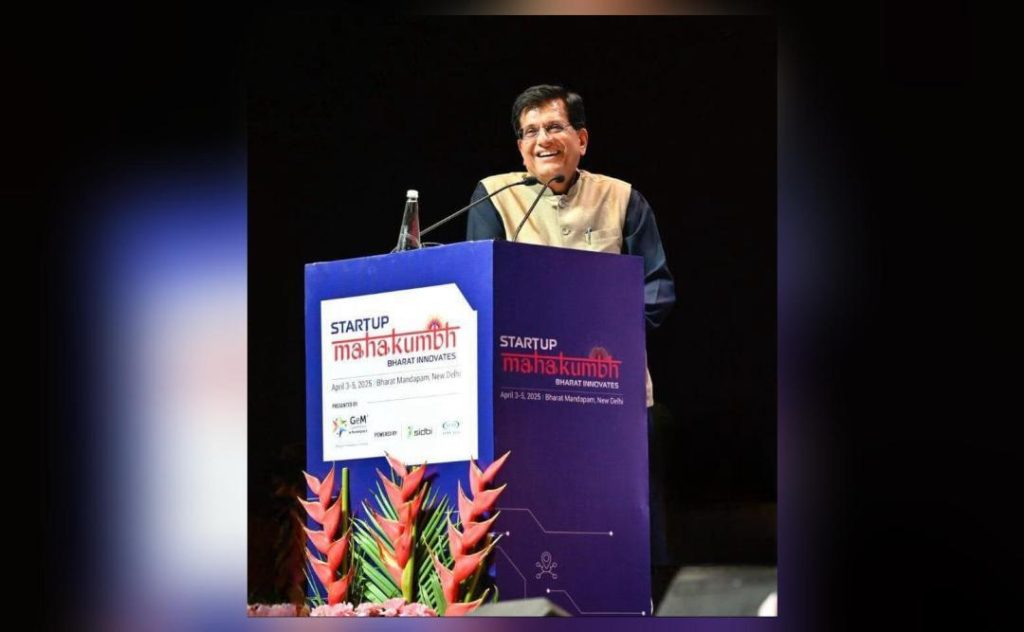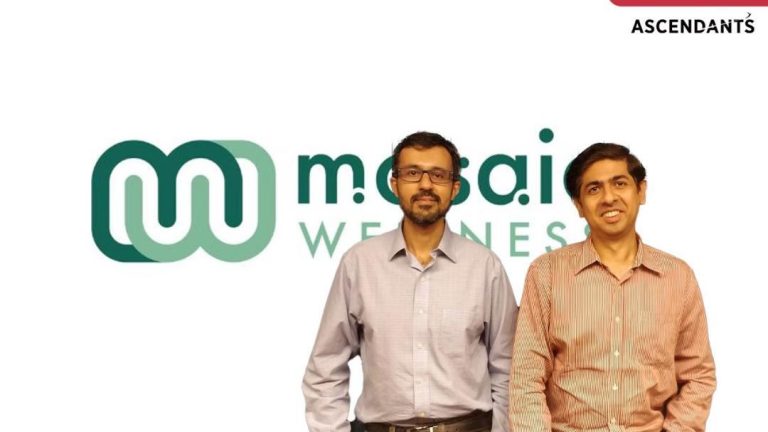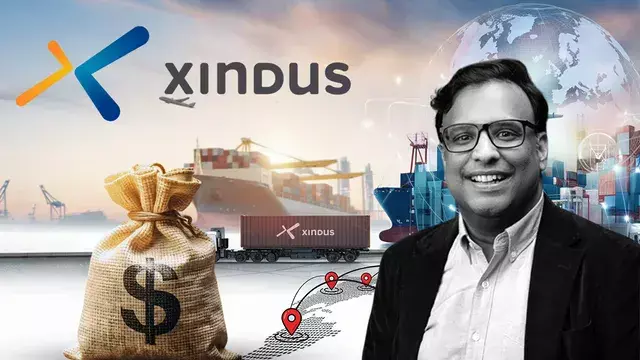
Title: Giving fancy packaging to ice-creams & cookies is not start-up: Piyush Goyal
In a recent address at Startup Mahakumbh 2025, Union Minister of Commerce and Industry Piyush Goyal shed light on the misconception surrounding start-ups in India. He emphasized that simply giving fancy packaging to ice-creams and cookies does not make it a start-up. Instead, it is entrepreneurship and a business model that defines a start-up. Goyal’s words of wisdom come at a time when the Indian start-up ecosystem is grappling with its own set of challenges, including a lack of focus on deep-tech and a dearth of innovative ideas.
Goyal’s statement was met with a mix of nods of agreement and raised eyebrows. For many, the idea of start-ups is often associated with fancy packaging, trendy designs, and a dash of innovation. However, the Minister’s words serve as a stark reminder that start-ups are about more than just aesthetics. They are about disrupting industries, solving real-world problems, and creating new business models that can scale.
The Minister’s comments were part of a broader discussion on the state of start-ups in India. Goyal noted that while India has made significant progress in terms of start-up growth, there is still a long way to go. He quoted statistics to illustrate his point, stating that only 1,000 start-ups in India’s deep-tech space is a disturbing situation. For context, deep-tech refers to start-ups that focus on cutting-edge technologies such as artificial intelligence (AI), 3D printing, and biotechnology.
Goyal’s concerns are well-founded. India’s start-up ecosystem has traditionally been strong in areas such as e-commerce, fintech, and food delivery. However, when it comes to deep-tech, India lags behind other nations. For instance, countries like the United States, China, and Israel are investing heavily in AI and 3D printing, with start-ups in these areas receiving significant funding and attention.
The Minister’s words of caution come at a time when the Indian government is pushing to make India a start-up hub. The government has launched initiatives such as the Startup India program, which aims to create an ecosystem that is conducive to start-up growth. Additionally, the government has also set up institutions such as the Indian Institute of Technology (IIT) and the Indian Institute of Science (IISc) to focus on research and innovation.
So, what can be done to address the Minister’s concerns? Firstly, it is essential to shift the focus from mere packaging to real innovation. Start-ups need to focus on solving real-world problems and creating new business models that can scale. This requires a deep understanding of the market, a willingness to take calculated risks, and a passion for innovation.
Secondly, it is crucial to create an ecosystem that supports start-ups. This includes providing funding, mentorship, and networking opportunities to entrepreneurs. The government can play a crucial role in this by creating policies that are conducive to start-up growth. For instance, the government can provide tax breaks, reduce regulatory hurdles, and create programs that support early-stage funding.
Thirdly, it is essential to attract talent to the start-up ecosystem. This includes not just skilled engineers and developers but also designers, marketers, and entrepreneurs. The government can create programs that attract talent to the start-up ecosystem, such as scholarships, internships, and mentorship programs.
Lastly, it is crucial to celebrate failure. Failure is an essential part of the start-up journey, and it is essential to create a culture that encourages experimentation and learning from failure. This can be achieved by creating programs that support start-ups that have failed, providing funding and mentorship to entrepreneurs who have failed, and celebrating the courage to take calculated risks.
In conclusion, Piyush Goyal’s statement serves as a wake-up call to the Indian start-up ecosystem. Giving fancy packaging to ice-creams and cookies is not start-up; it is entrepreneurship and a business model. To create a start-up ecosystem that is truly innovative and scalable, it is essential to focus on real innovation, create an ecosystem that supports start-ups, attract talent, and celebrate failure. Only then can India truly become a start-up hub.
Source:
https://x.com/moneycontrolcom/status/1907795297826378009






